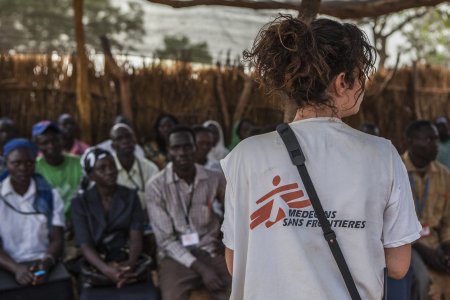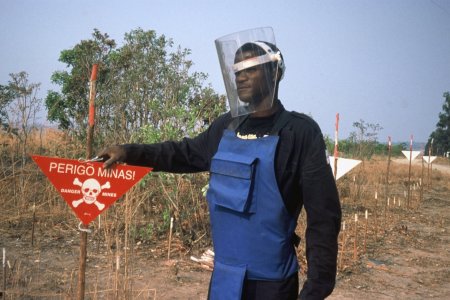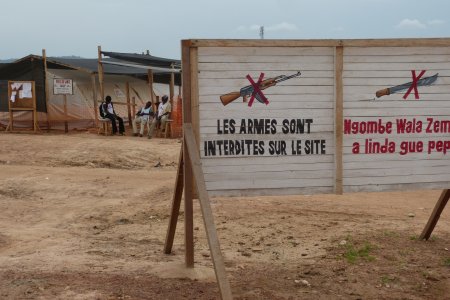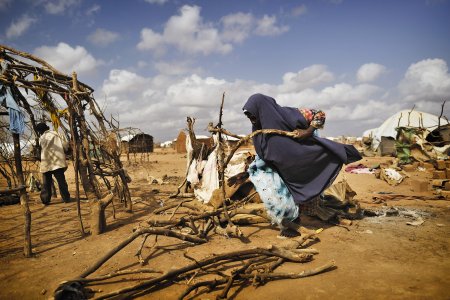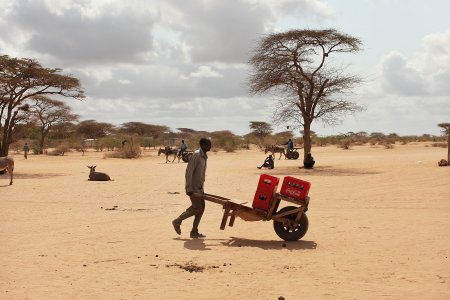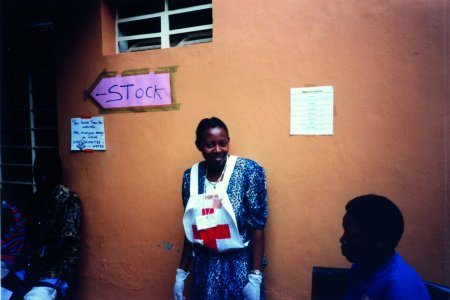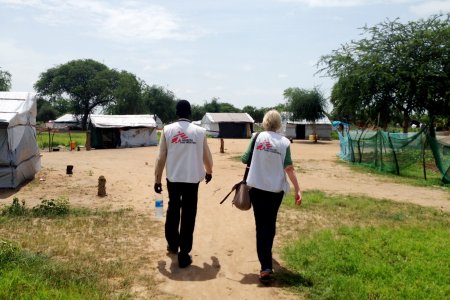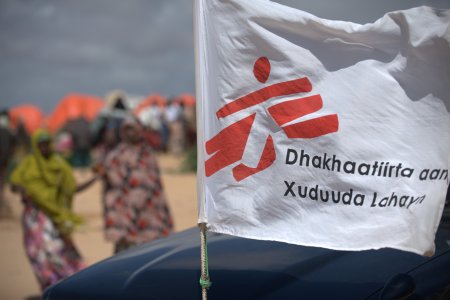How do humanitarian aid workers think and act?
This work focuses on how humanitarian organisations operate, including their members, self-portrayals, messages, practices and cultures.
A response to Andrew Cunningham and Chris Lockyear’s review
Michaël Neuman, co-editor of "Saving Lives and Staying Alive. Humanitarian Security in the Age of Risk Management" responds to Chris Lockyear and Andrew Cunningham's review of the book.
A response to Saving Lives and Staying Alive
Andrew Cunningham, currently an independent humanitarian researcher and analyst and Chris Lockyear, the Director of Operations for ACF USA and a former Operations Manager for MSF Operational Center Amsterdam (MSF-OCA), have sent the following response to "Saving lives and Staying alive". Let the debate live!
Is aid work really more dangerous than ever? Flawed studies won’t tell us
Since the 1990s and the rise of conflicts in West Africa, Somalia, Chechnya, the former Yugoslavia and Africa's Great Lakes region, humanitarian organisations have been warning of greater insecurity for their staff. These observations are bolstered by surveys aimed at objectively quantifying violence against humanitarian workers.
Transitioning to national ownership : the case of Humanitarian Mine Action
Should eventual transition from internationally managed programmes to national ownership always be a relevant and/or realistic goal?
Is medical care really under fire? A debate on humanitarian security
Is there anything fundamentally new in the security challenges faced by humanitarian organisations? When looking at the history of humanitarian assistance, as far back as the late 1800s, 'medical care' was operating under fire.
Risk Management and Humanitarian aid : an impossible marriage?
Humanitarian Affairs Advisor for the Canadian section of MSF, Clémentine Olivier reviews a recently published OCHA report 'Saving Lives Today and Tomorrow' (March 2014).
The Poverty of Humanitarian Critique?
While MSF has just recently launched a report, 'Where is everyone?', aiming at exposing the limitations and deficiencies of the international aid response to crises, Bertrand Taithe (HCRI) asks whether the approach taken and the question asked are the right ones.
MSF and the aid system: choosing not to choose
We often hear it said within MSF that the aid system is unable to provide effective relief, or that the aid system's ability to provide aid is in decline. Rony Brauman and Michaël Neuman aim at exploring MSF's relationship with the aid system, while showing how the ambitions of the aid system itself have evolved.
Collecting data on sexual violence: what do we need to know? The case of MSF in the Democratic Republic of Congo
Claire Magone has just published a paper, in Humanitarian Exchange Magazine #60 focusing on gender-based violence (GBV) in humanitarian crises.
Médecins Sans Frontières and the ICRC: matters of principle
How do Médecins Sans Frontières (MSF) and the International Committee of the Red Cross (ICRC) differ, and how are they alike?
Perspectives on the future of humanitarian action
On the occasion of the 150th anniversary of the ICRC (1863-2013) and in light of the recently launched issue of the Review on "The future of humanitarian action", the Harvard Program on Humanitarian Policy and Conflict Research (HPCR) and the International Review of the Red Cross are pleased to co-host a Live Web Seminar on the topic: "Perspectives on the Future of Humanitarian Action"...
Remote management in Somalia
Discussions on the merits of remote control management of humanitarian projects have been particularly intense over the last few years. We are pleased to share this contribution published in Humanitarian Exchange Magazine by Joe Belliveau, the operational manager for Somalia in the Dutch section of our organisation.

